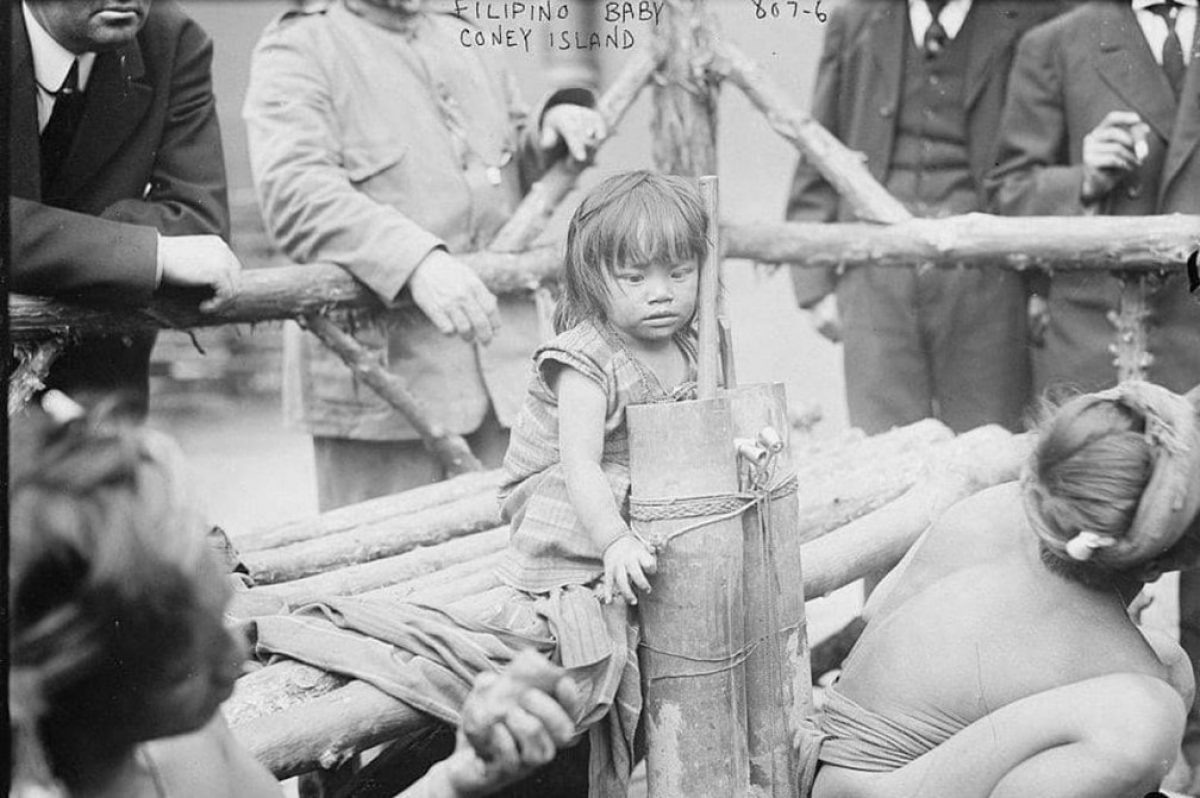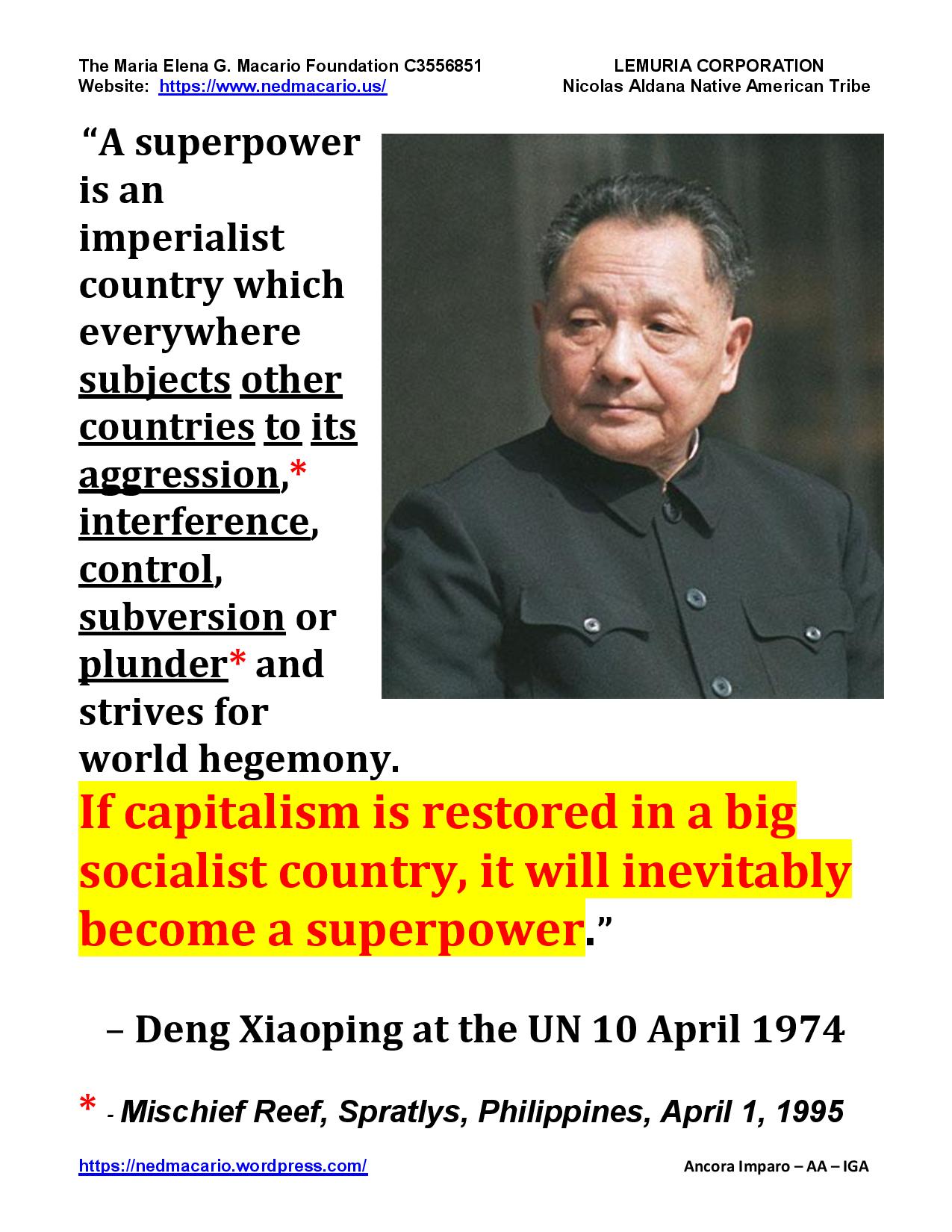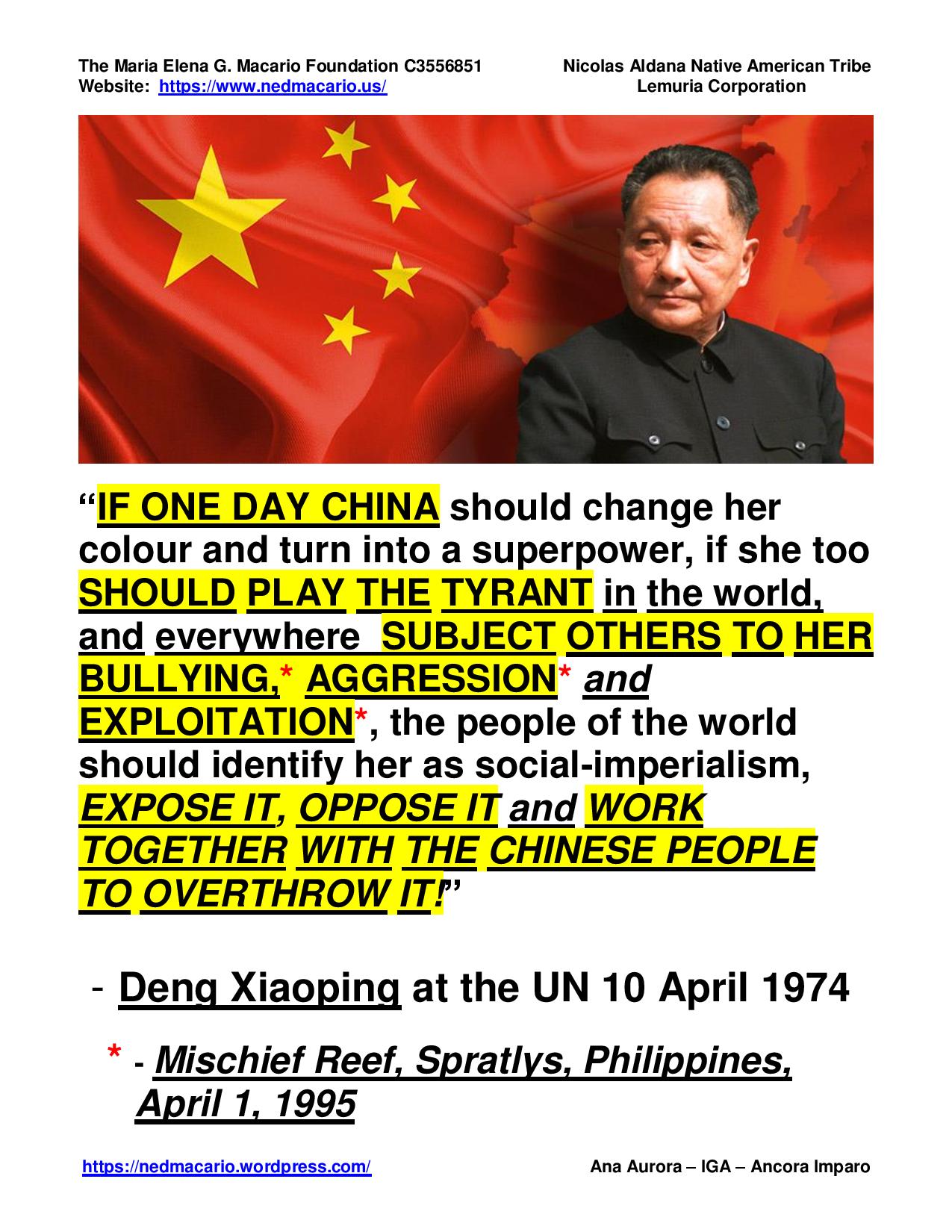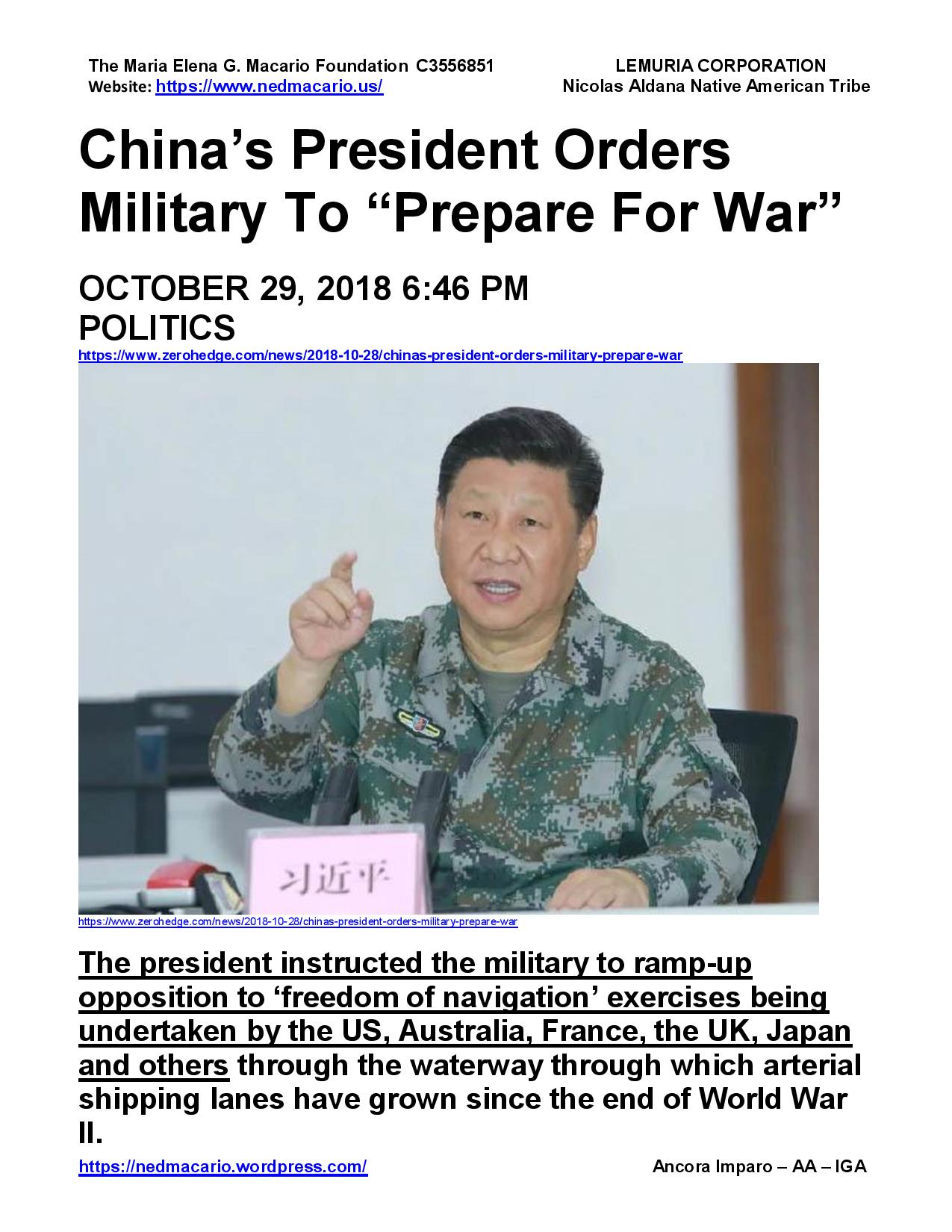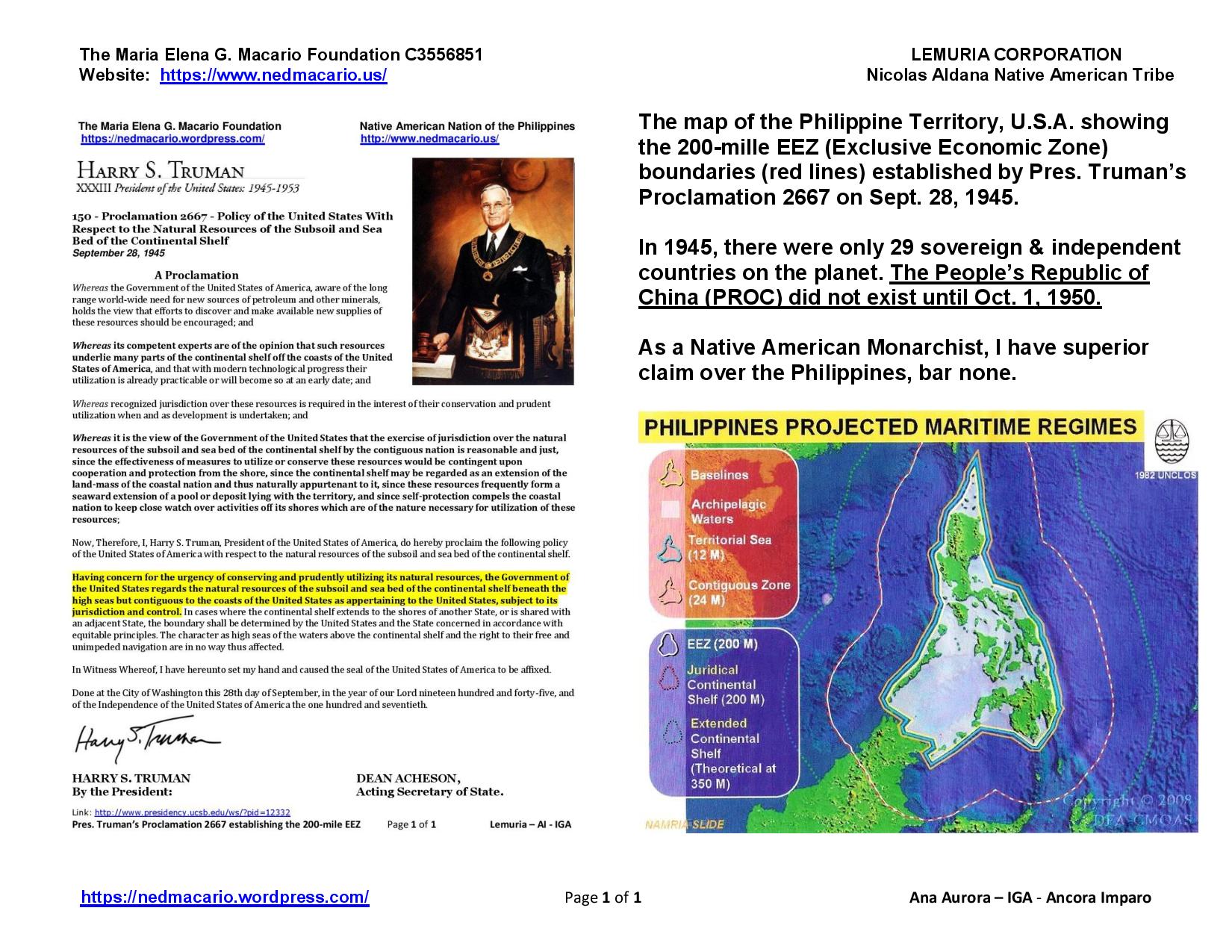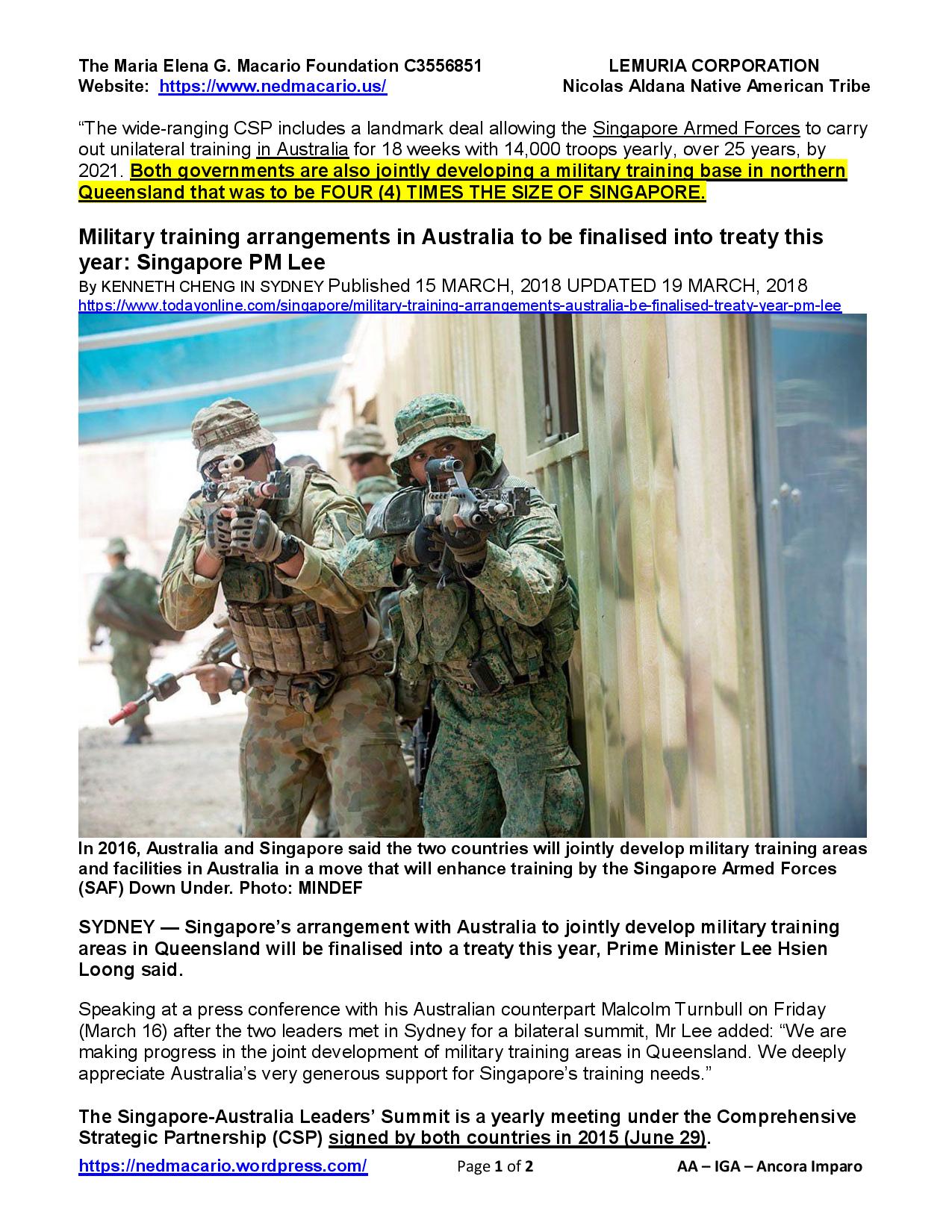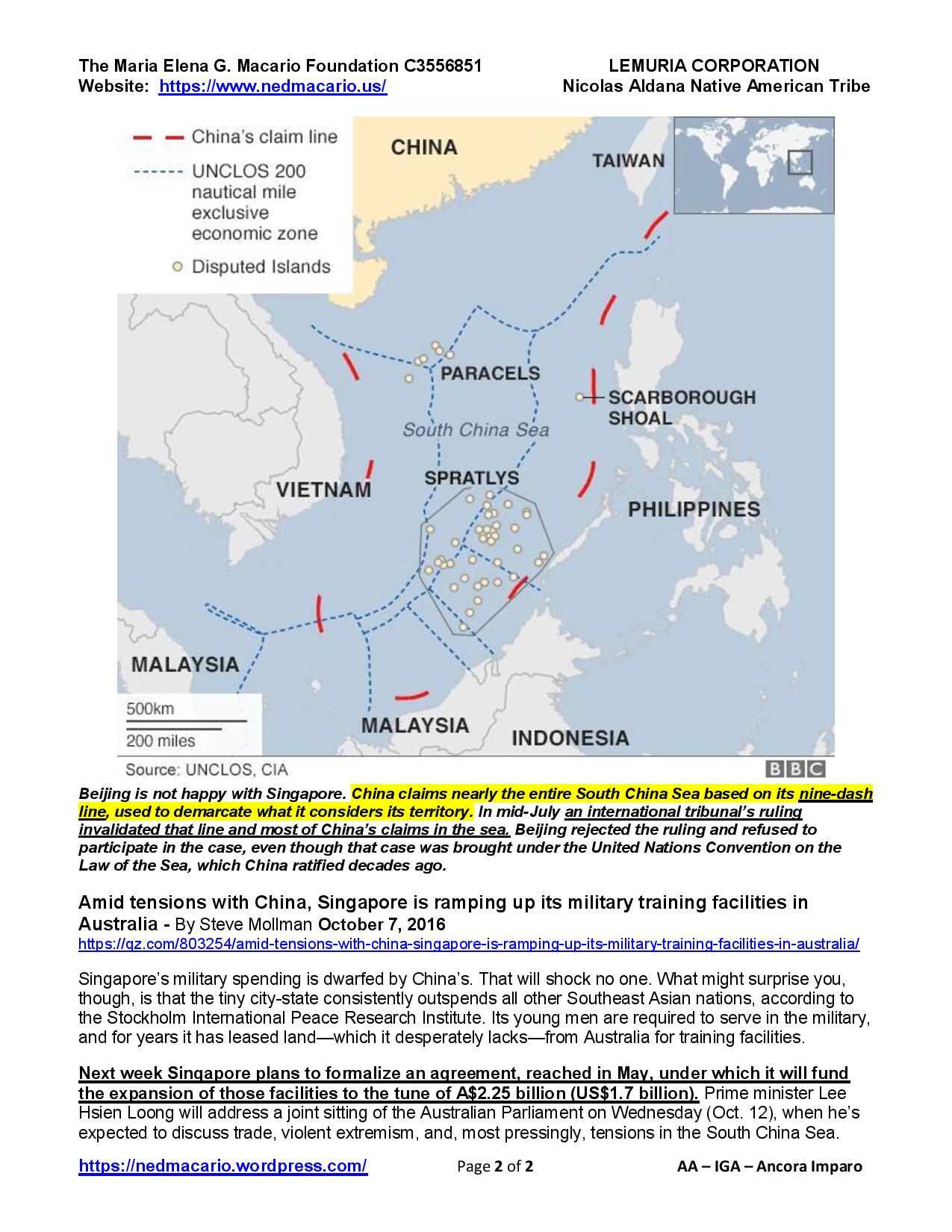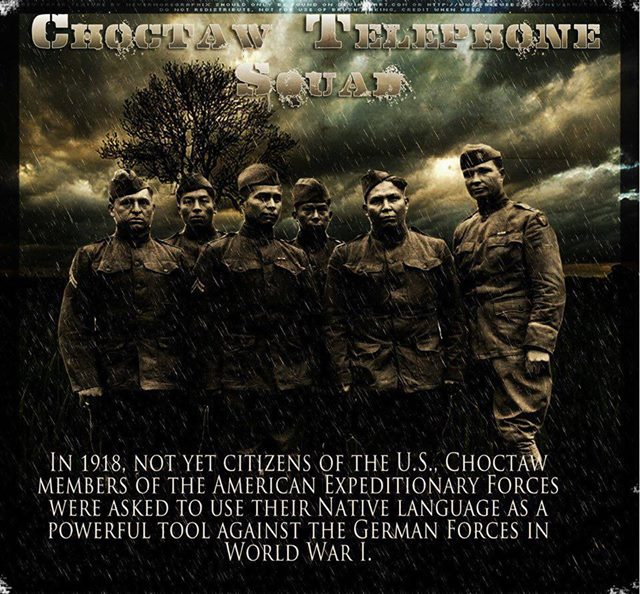
Born: April 14, 1917 Honolulu, Hawaii
Died : October 20, 1944 (aged 27)
Leyte, Philippines †
Unit: 34th Infantry Regiment, 24th Infantry Division.
MEDAL OF HONOR – Capt. Francis Brown Wai

Born: April 14, 1917 Honolulu, Hawaii
Died : October 20, 1944 (aged 27)
Leyte, Philippines †
Unit: 34th Infantry Regiment, 24th Infantry Division.
Sooner or later America will figure this out i.e. California is in fact the colony of the Philippines (See Zero Sum Game of Global Finance). Maybe after the elections?
When Veterans Day, THANKSGIVING DAY, Christmas Holidays, President’s Day, Memorial Day, 4th of July, etc. come, I’ll be posting more OIP (Only in the Philippines) stories.
It’s better we work it out chop-chop! Give us back our ancestral land and go back to yours.
FROM 2007 to 2014
California Budget Deficit $16.0 Billion* as of 02-20-08
40 Richest Filipinos–Total Net Worth $16.2 Billion+ as of 10-18-07
California Budget Deficit $20.0 Billion@ as of 03-17-10
40 Richest Filipinos–Total Net Worth $20.4 Billion^^ as of 07-31-10
California Budget Deficit $26.6 Billion++ as of 03-29-11
40 Richest Filipinos–Total Net Worth $26.2 Billion~~ as of 03-09-11
Forbes 40 Richest Filipinos – June 2012 – Total Net worth $47.43 Billion
Forbes 50 Richest Filipinos – July 2013 – Total Net worth $65.79 Billion
Forbes 50 Richest Filipinos – July 2014 – Total Net worth $74 Billion””
Puerto Rico’s Debt as of 01 July 2015 – (-$73 Billion)””
Zero Sum Game of Global Finance – 6th Edition
March 17, 2015
Twenty-six (25) years ago, there wasn’t a single Filipino on Forbes Magazine. At the same time, in 1988 China was a third world country.
Then in Aug. 2004, Forbes magazine listed seven (7) from the Philippines among the richest in Southeast Asia with a combined net worth of $5.14 billion.
To put it in perspective on June 6, 2012 a report placed the British Royal family net worth at more than $1 billion. In June 2012 Forbes 40 richest Filipinos’ combined net worth came up to $47.43 billion. But the British Monarchy has been around for hundreds of years. After World War II everyone in the Philippines was poor.
The 4th Edition of the ZSGGF shows the 50 richest “Filipinos”, who are in fact ethnic Chinese and ethnic Spaniards, are now richer than the British monarchy. While the economies of Hong Kong, Singapore, Taiwan and even China are all dominated by ethnic Chinese, Filipinos must still go to these places for work.
References:
Ivy League Endowments Shrink by $26 Billion 2008-2009
(Bienvenido Macario, ) 04/26/2011
http://waisworld.org/go.jsp?id=020&objectType=post&objectTypeId=55753&topicId=111
Cuba: Obama to Allow Travel, Money Transfers (Bienvenido Macario, Philippines/US 04/14/09 4:13 am)
http://waisworld.org/go.jsp?id=02a&objectType=post&o=37081&objectTypeId=31331&topicId=1
US: on the Financial Crisis and Bailout (Bienvenido Macario, Philippines) 09-25-08
Posted September25, 2008
http://waisworld.org/go.jsp?id=02a&objectType=post&o=24935&objectTypeId=19185&topicId=1
